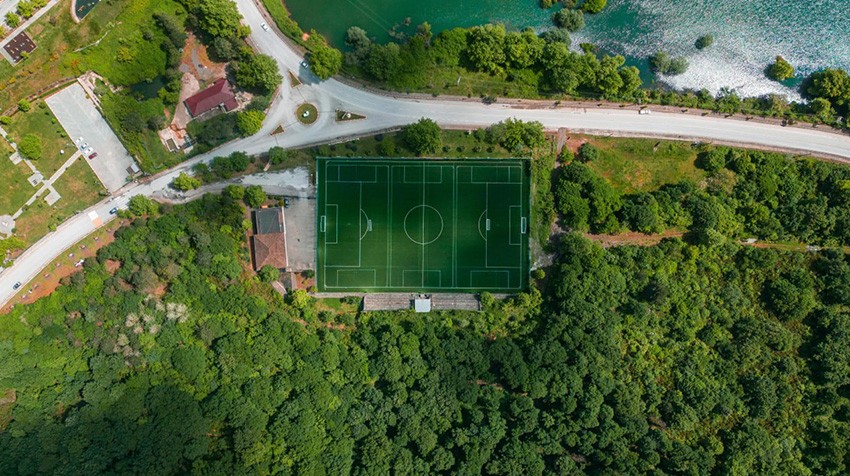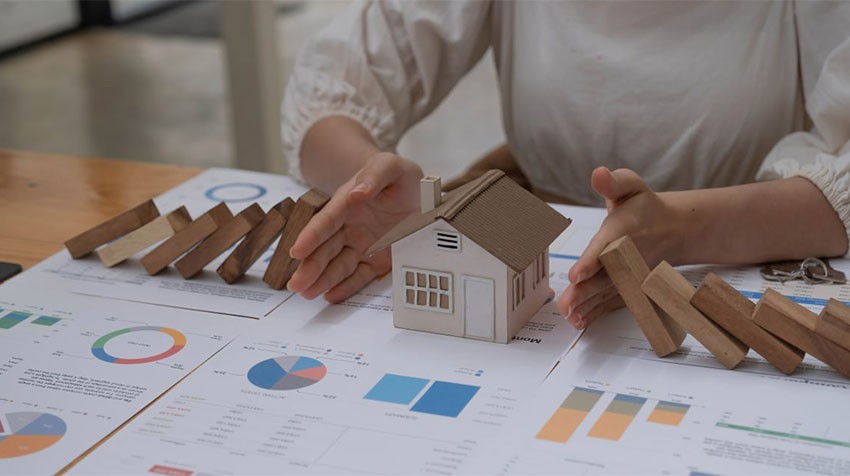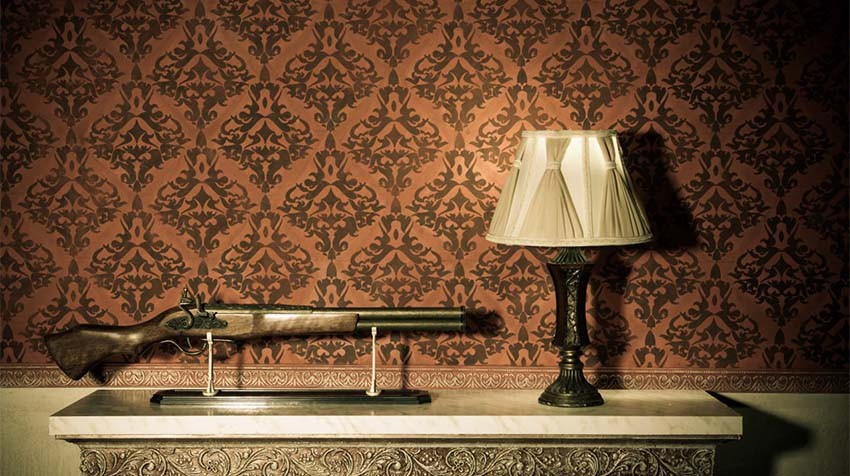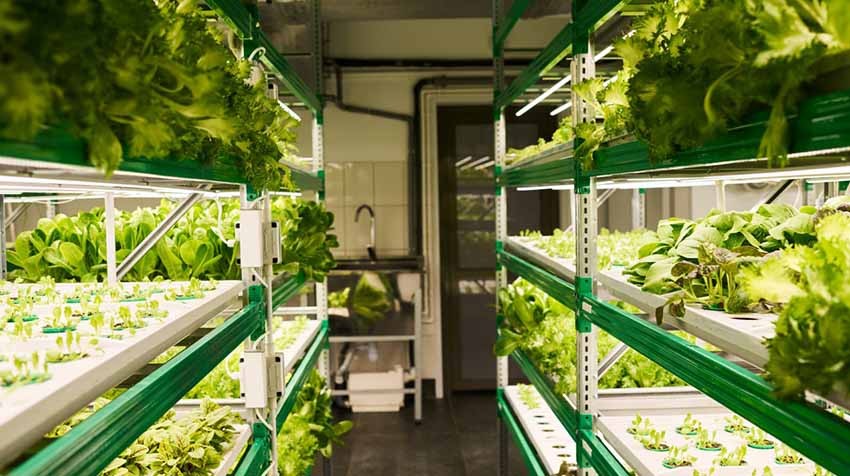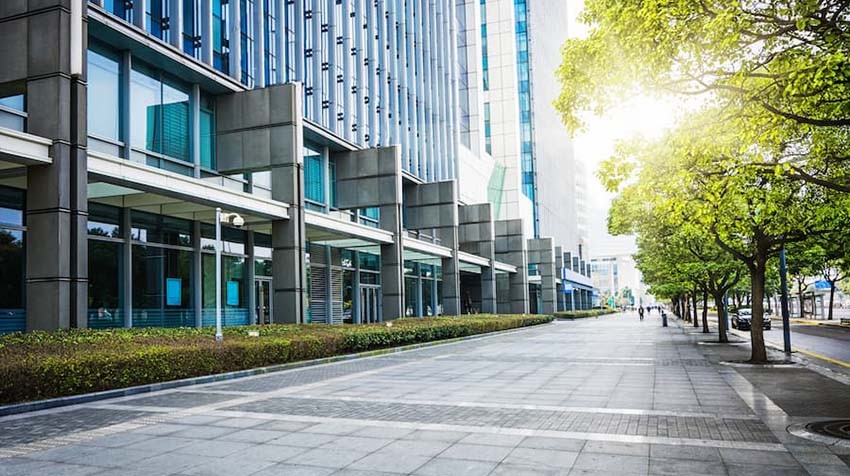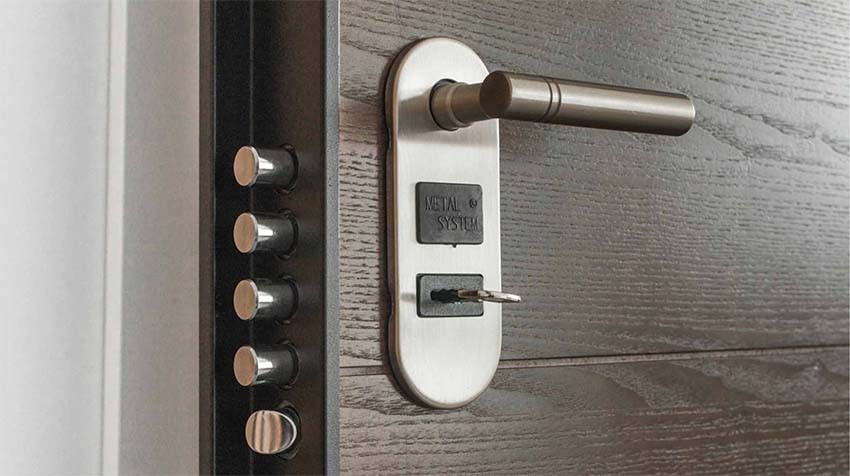
Home Security Guide
Home Security Guide: How to Make Your Home the Safest Place on Earth
Most people think of their home as a sanctuary—a place of comfort, rest, and safety. But have you ever truly tested its security? When disaster strikes or danger lurks outside, will your home protect you, or will it fail you?
If you’ve never thought about this before, it’s time to start.
Why Your Home Should Be the Safest Place on Earth
Your home is where you sleep, where your family gathers, and where you store everything valuable to you. But have you ever considered how vulnerable it actually is?
Most people don’t. They install a lock or two, maybe even a security camera, and assume that’s enough. But security isn’t about luck; it’s about preparation. Experts in home defense, survival intelligence, and emergency response all agree on one thing: in most crises, your safest option is to stay put rather than evacuate into the unknown.
Whether you live in a house, an apartment, or a rental unit, your goal should be to make your home the safest place in the world—because when things go wrong, it might be the only place you have left.
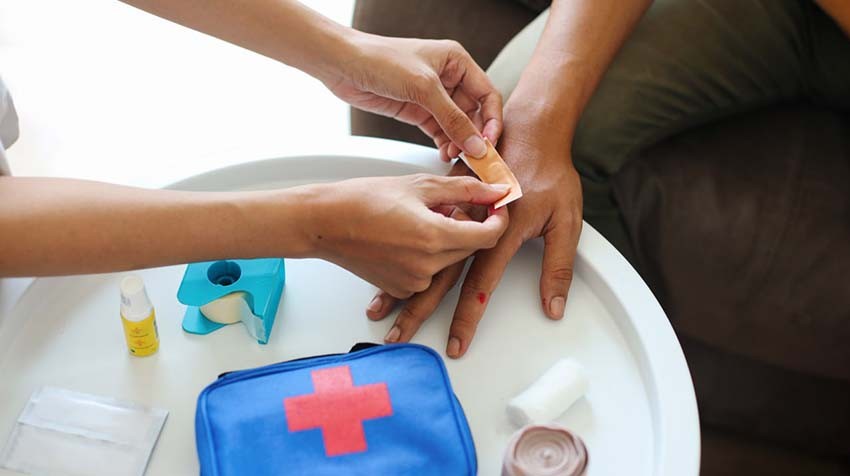
How to Make Your Home the Ultimate Safe Haven
The good news? You don’t need a doomsday bunker to make your home secure. What you need is a plan—a strategic approach built on expert knowledge from survivalists, security professionals, and military-trained specialists. Here’s how you do it:
1. Master Home Defense: Your Castle, Your Rules
Home security experts emphasize the importance of layered security—think of it like an onion, where each layer adds more protection:
● The Outer Layer (Deterrence): Motion sensor lights, security cameras, and a reinforced door (hint: swap out weak door screws for 3-inch screws into the frame—small change, big
● The Middle Layer (Delaying Intruders): Deadbolt locks, window security film, door jammers. If someone tries to force entry, make them work for it—because time is your best ally.
● The Inner Layer (Final Defense): Safe room, self-defense tools, an escape plan. If someone breaks in, what’s your move? Have a plan. Don’t hesitate.
“Security is not a product, but a process.” — Bruce Schneier, security expert and cryptographer
2. Water & Food: Your Invisible Lifeline
Ever experienced a water shutoff? Or walked into a grocery store just before a storm and found empty shelves? A crisis isn’t the time to start thinking about essentials.
● Water Storage: Keep a two-week supply per person (about 1 gallon/day). If you rent an apartment and space is tight, get stackable water containers or store bottled water under your bed.
● Food Reserves: Non-perishables like rice, beans, and canned goods are survival gold. But here’s a trick: stock what you already eat. If you love pasta, buy extra. Rotate your stock.
“By failing to prepare, you are preparing to fail.” — Benjamin Franklin
3. Power & Light: When the Grid Goes Dark
A blackout can happen anytime. What then?
● Alternative Power: Solar-powered battery banks or small generators are lifesavers. If you’re in an apartment, opt for a portable solar panel setup.
.● Lighting: Flashlights (with extra batteries), rechargeable lanterns, and motion-sensor nightlights. A good headlamp leaves your hands free for other tasks
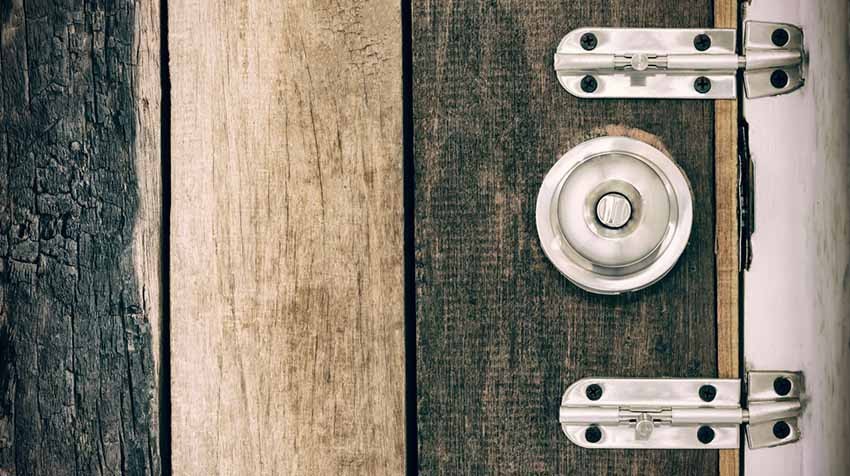
4. Communication: Stay Connected When Others Can’t
If cell towers fail, how do you stay informed?
● NOAA Weather Radio: Keeps you updated on disasters.
● Walkie-Talkies or HAM Radio: For local communication when networks go down.
● Emergency Contact Plan: A written list of numbers & meetup points in case digital systems fail.
5. Medical & First Aid: Be Your Own Medic
A medical emergency can quickly turn from bad to worse if help isn’t available.
● First Aid Kit: More than just band-aids—include tourniquets, antiseptic, gauze, and pain relievers.
● Medications: If you rely on prescription meds, keep an emergency supply.
● Basic Training: Learn CPR, how to stop bleeding, and how to treat burns. In a crisis, you are the first responder.
● Emergency Medical Guide: Keep a survival medical handbook on hand. In high-stress situations, even basic procedures can slip from memory.
“You don’t rise to the occasion; you fall to the level of your training.” — Archilochus, Greek poet and soldier
6. Know Your Escape & Survival Intelligence
● Escape Routes: Always have at least two ways out of your home.
● Situational Awareness: Know your surroundings, recognize risks before they escalate.
● Safe Meeting Spots: If you’re separated from loved ones, where do you meet?
“The key to survival is not just knowledge, but the application of knowledge.” — Les Stroud, survival expert and creator of Survivorman
Your Home, Your Fortress
Every day, someone somewhere wishes they had prepared sooner. Don’t wait until fear knocks on your door—start today. Implement these changes one by one, and soon, your home won’t just feel safe. It will be safe.
Because when chaos comes knocking, the most powerful weapon you have is readiness.
Are you ready?




